“American Dream,” the third solo studio album released by hip-hop and rap artist Shéyaa Bin Abraham-Joseph—commonly known as 21 Savage—is a lackluster attempt at a life narrative project. Released on Jan. 12, his first solo album since 2018 was teased by a prank movie announcement that fooled fans and press alike. The album debuted at No. 1 on the Billboard 200 chart due to its attractive appearance and catchy, over-confident, fast-paced rap songs that fans love. But on a closer look, the album fails at telling Savage’s intended story and ends up like every other vulgar heavy bass rap album.
Savage advertised the album in a way that suggests telling the story of his life and how he got to where he is: a fake movie announcement and trailer highlighting his deportation scare before getting a green card and his proceeding career.
“American Dream” screams for attention with Savage’s massive industry name, who is known for his clever wordplay and music that creates a strong hip-hop energetic vibe, releasing a well-thought-out album with a storyline. On first listen the album pops. Lots of heavy 808’s (bass notes) and fast hi-hat lines (the fast repetitive ‘ch’ ticking sounds) accompanied by big-name features with high-quality verses. However, when you look a bit deeper, not a lot about it says, “This is my life story” and everything begins to feel familiar.
The first track, “American Dream,” is a short recorded commentary from Heather Carmillia Joseph, Savage’s mother, discussing her hard work to provide a life and opportunity for Savage so he could live out his American dream. This track only sets expectations higher for the next tracks, further deepening this memoir-like aspect of the album.
“When I heard the first track I knew it was gonna be a good album,” said Summit junior Jaden Radatti.
Every single other track in this album–minus the outro and almost all of Savage’s discography–has a recurring theme surrounding the phrase: “standing on business.” This term directly refers to “taking care or what needs to be taken care of” or is better described as being in complete control and confidence of your life. For Savage, it is often about street-life-related crime and violence, as well as adhering to the classic money-drugs-women hip-hop lyricism ideals. Savage is known for his music to be very self-confident and loud, with him almost always mentioning in multiple ways how he is richer, more attractive, more powerful and overall just better than everyone around him, often coming off as immensely boastful.
Tracks two through six are similar in style and composition. They follow fast to medium-paced 808 and hi-hat lines, sometimes along with a more artistic flowy sample, such as the sample for “redrum”. Savage often mentions how life on the street affected him personally and his career. His lyrics mostly consist of violence and illegal activity along with the pros and cons of that kind of life. He raps about the people in his life at the time and the things that affected them and himself.
This is a common theme in Savage’s music and is always accompanied by flexing how much money he has as well as more talk of his superiority. Although catchy and attractive songs, they end up feeling like the same hip-hop trap song that 21 has been making his whole career just with a different font and somehow more “21” ad-libs.
Track seven, “Letter to my Brudda,” is the first unique and enthralling track on the album. It has a heavy focus on the negatives and consequences of street and gang life. The track becomes a very heartfelt story of Savage showing his regrets and how he and the people around him are because of that kind of life. There is a lot of talk about the YSL Young Thug trial (a gang-related murder trial involving one of Savage’s friends and fellow artists), and how Savage empathizes with his peers and the people who have been through the rough sides of life he understands so well.
The second half of “American Dream” gives a pretty similar feel, just with more of a slower, acoustic vibe to the flow of the songs. Lyrics-wise, most of the same topics are rapped about with an additional focus on love and emotion toward those he cares for. Track 11 “Prove It” is best described as a 21 Savage love song and stands out among the rest. It follows Savage elaborating on his emotions and his interest in what seems to be a specific woman while showing a lot more respect than normal and avoiding a lot of the more disturbing and violent bars.
The final track, “Dark Days,” is arguably the best and most intriguing song on the album. It’s an extremely heartfelt, extremely well-written and produced song that follows Savage’s true pains and struggles. He reflects on his experiences and how he came to be who he is today, expressing a lot of sadness and offering a closer look inside his mind. The outro of the song finishes the album off with another commentary from Savage’s mother, giving inspiration and showing words of hope and pride for her son and his accomplishments.
There’s no question why people enjoy his music. His finest songs allow listeners to understand Savage’s personal life and past but are far from displaying the whole picture.
“I expected for it to relate to his childhood but didn’t see that,” said Summit junior Barrett Abena.
No one listening can get mad at a good classic trap hip-hop album, especially with Savage’s lyricism and energy. Overall this album is a 5/10. Some tracks shine, really shine, but the rest feels all too familiar to be the full-bodied, 6-year waited-on, 21 Savage solo project.




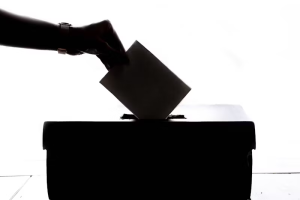





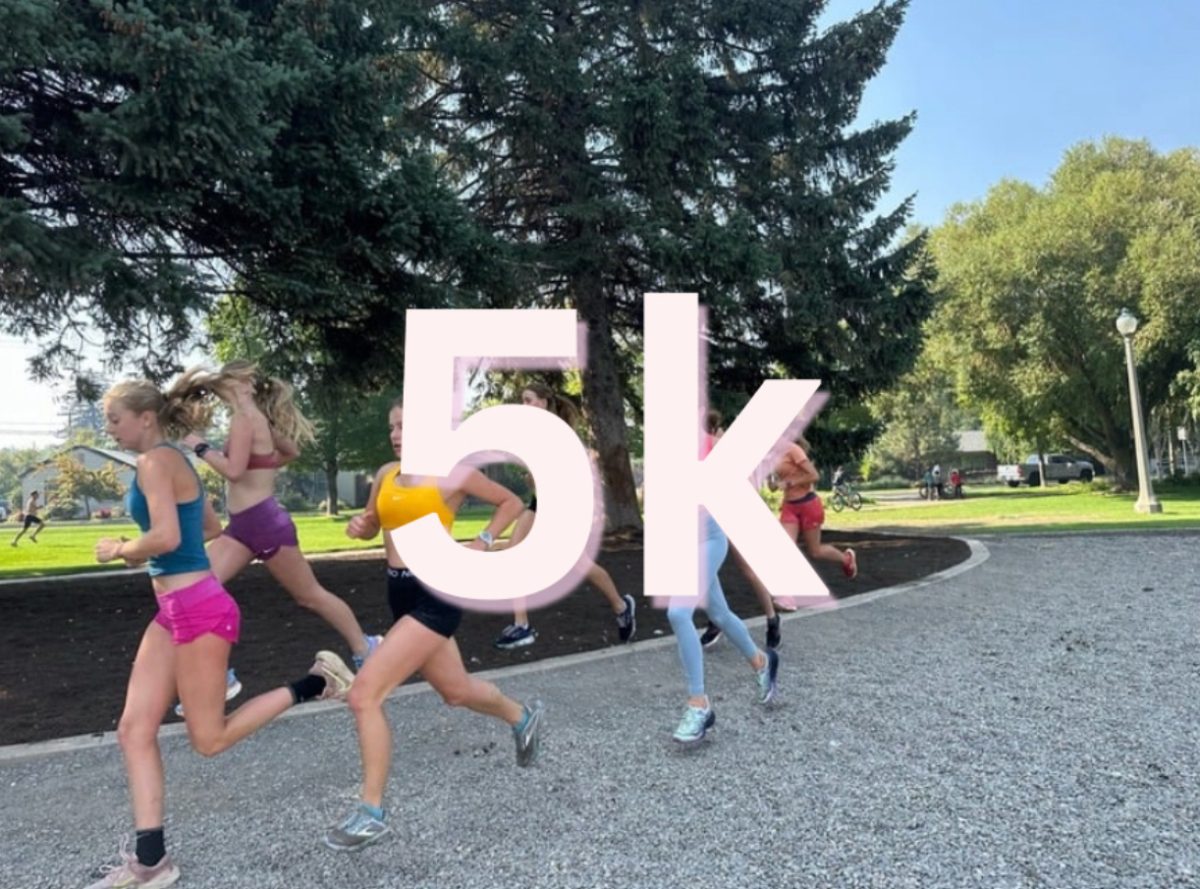



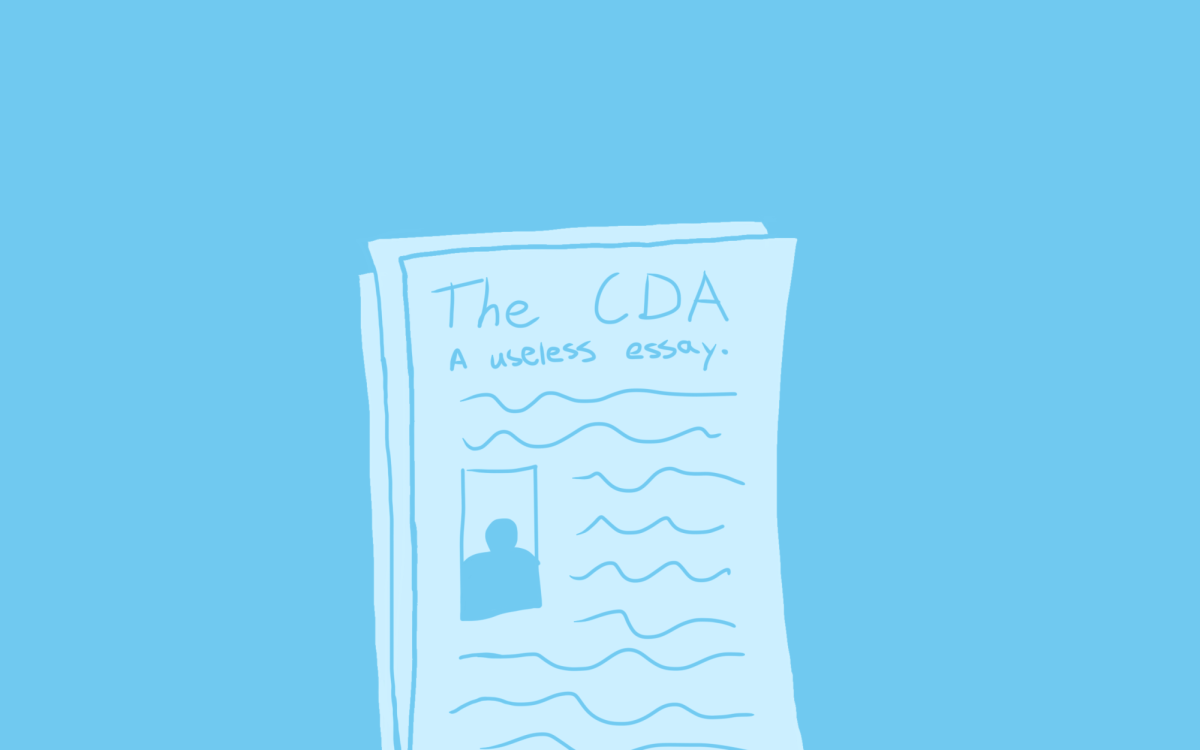
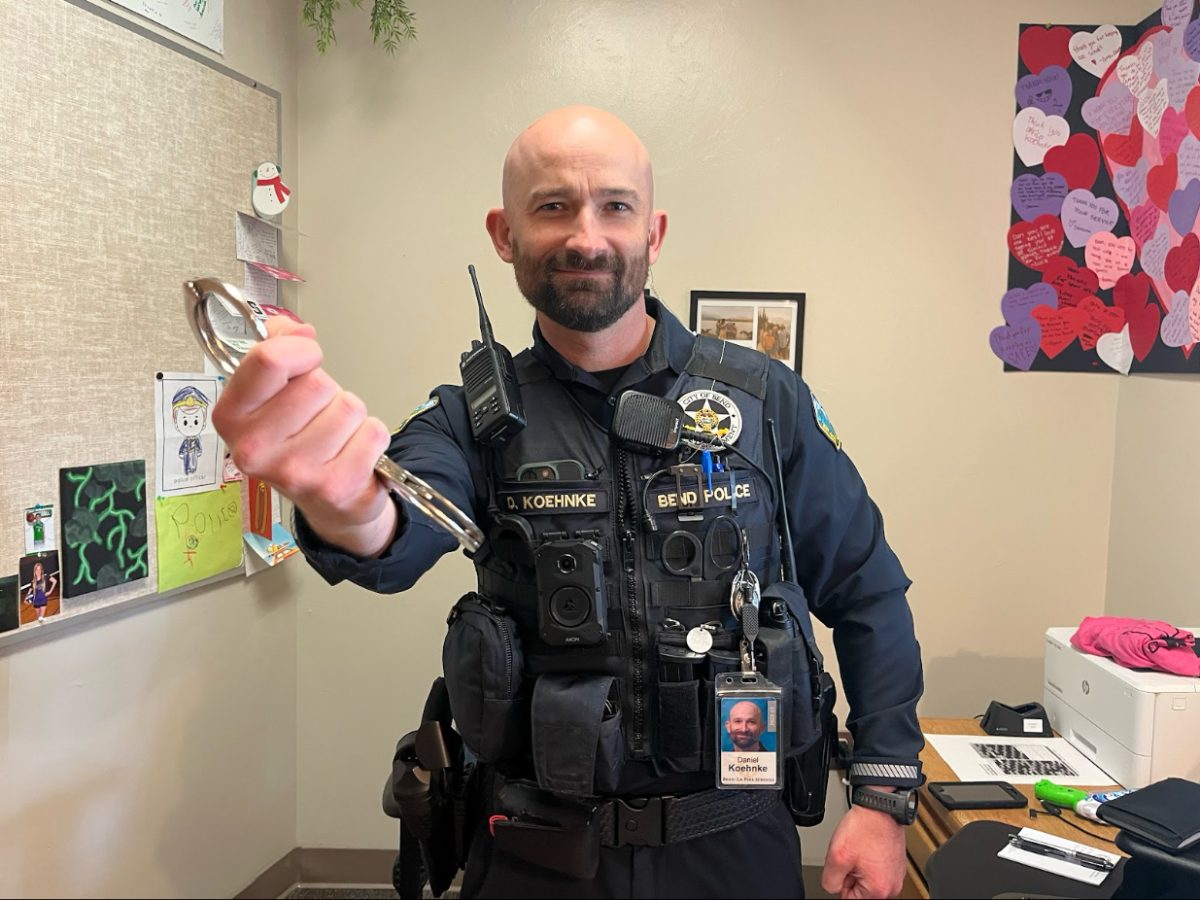




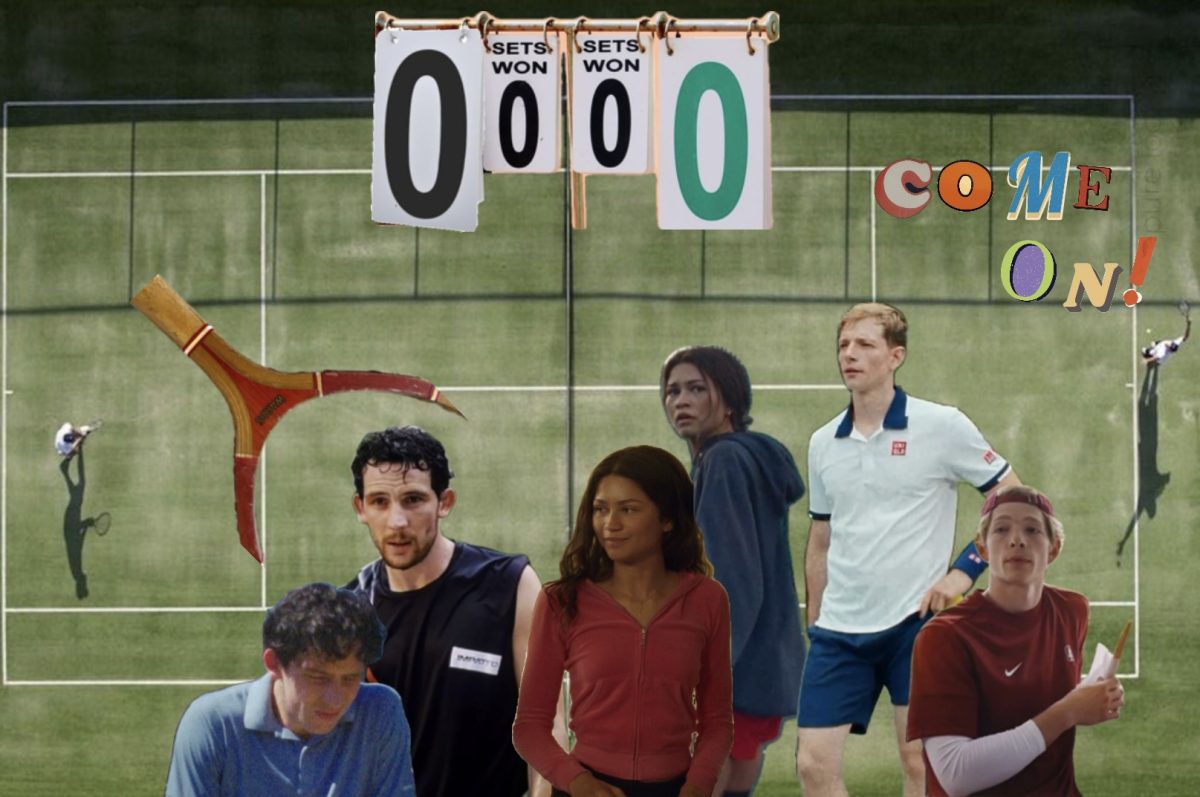

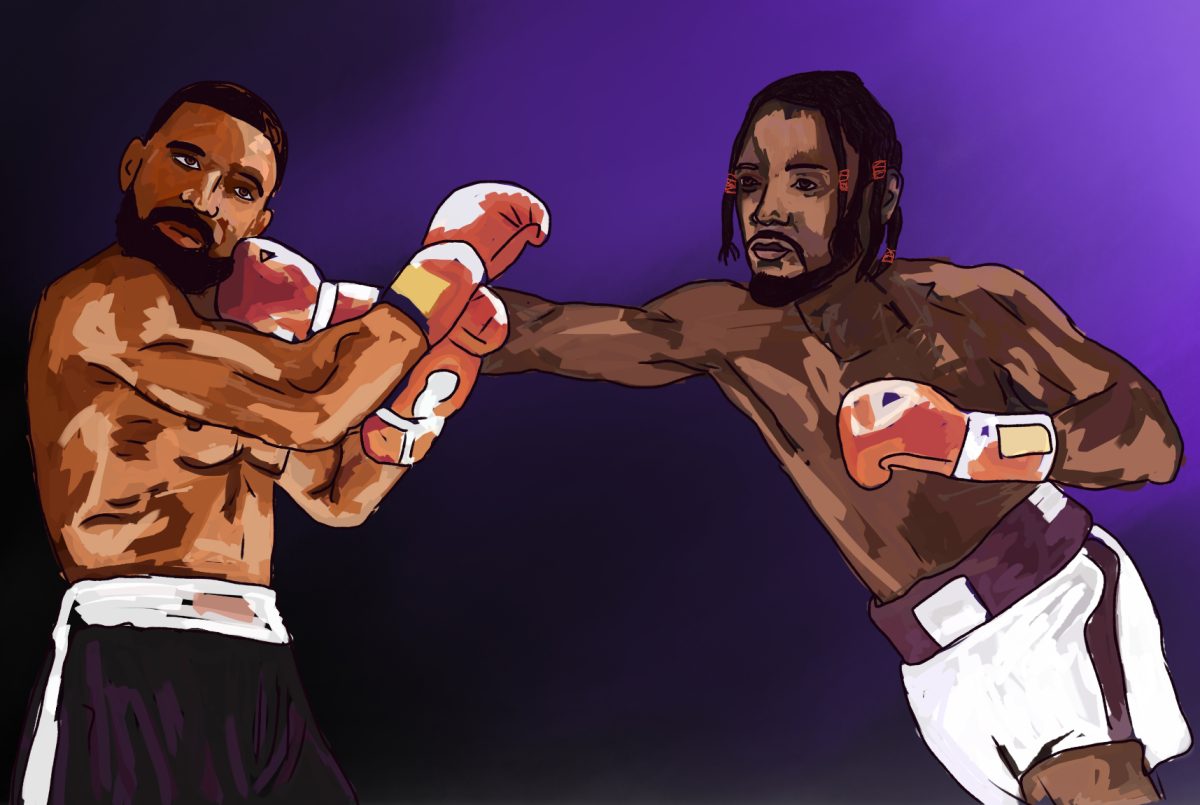
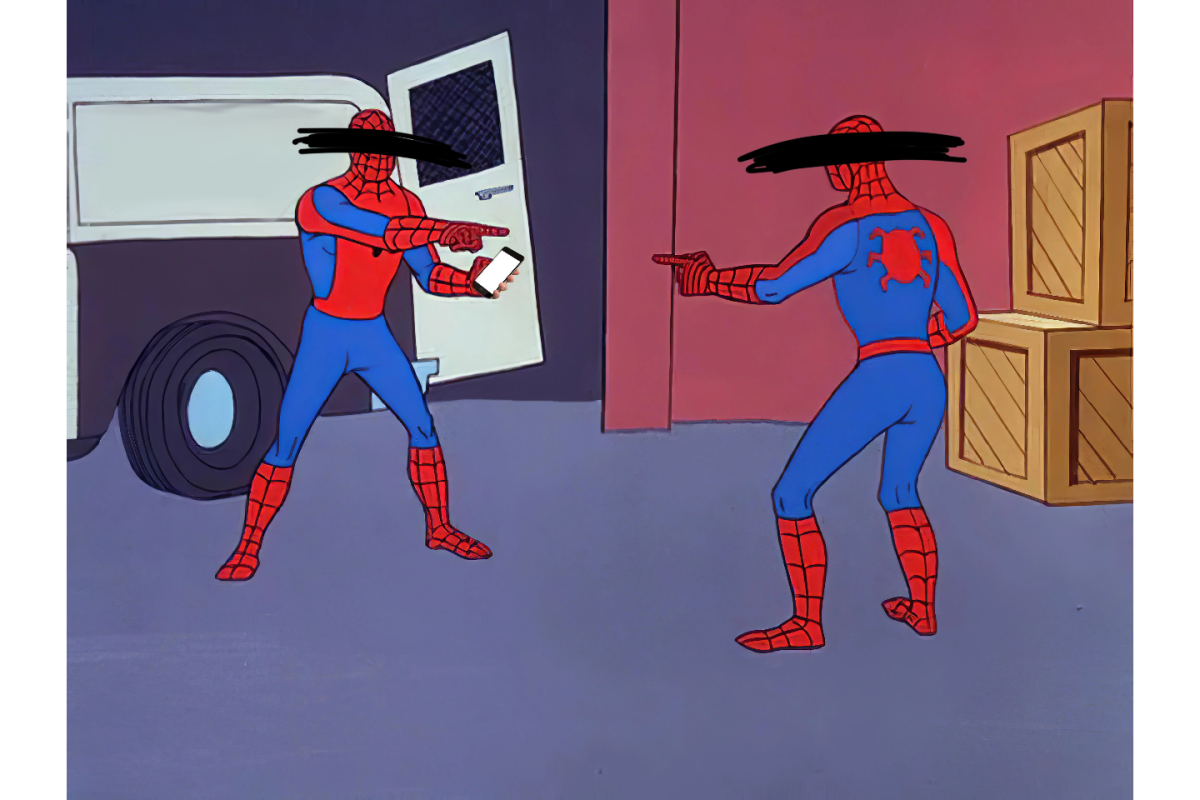
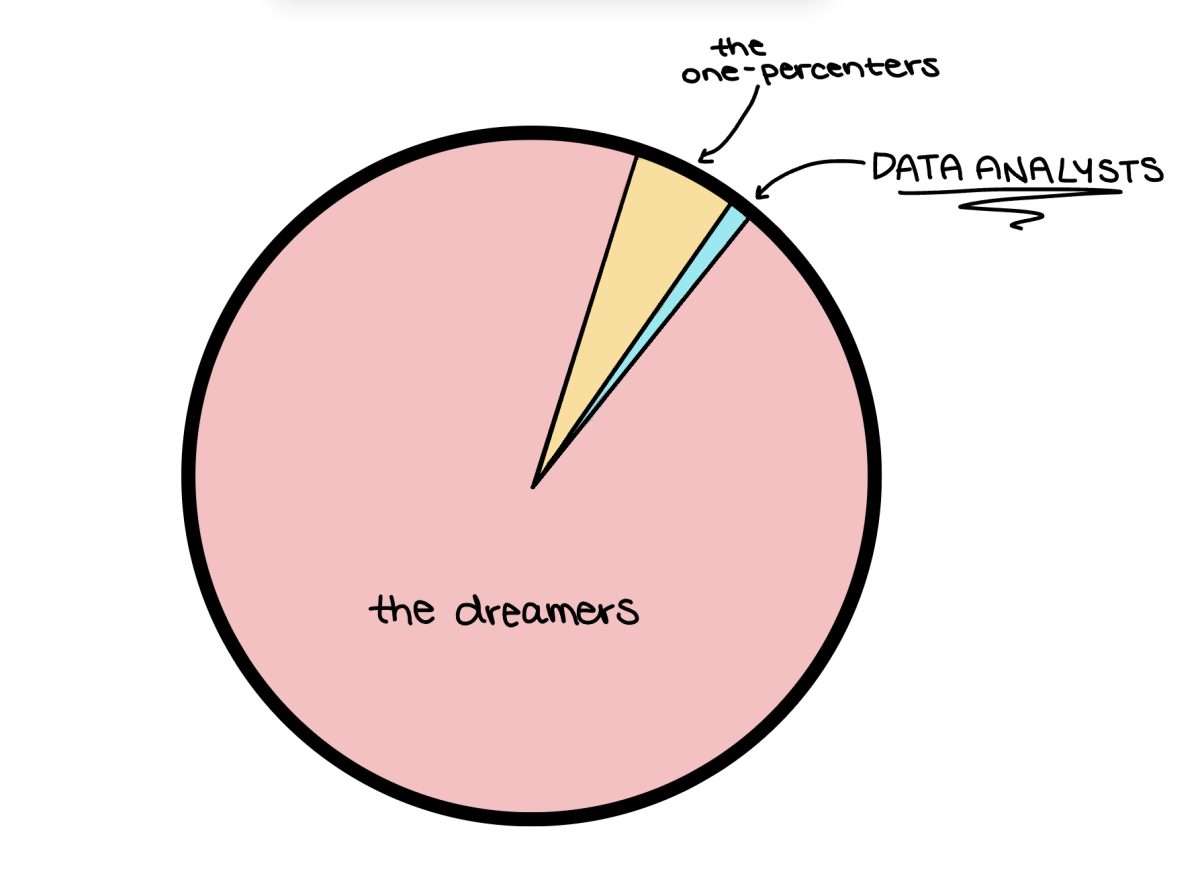

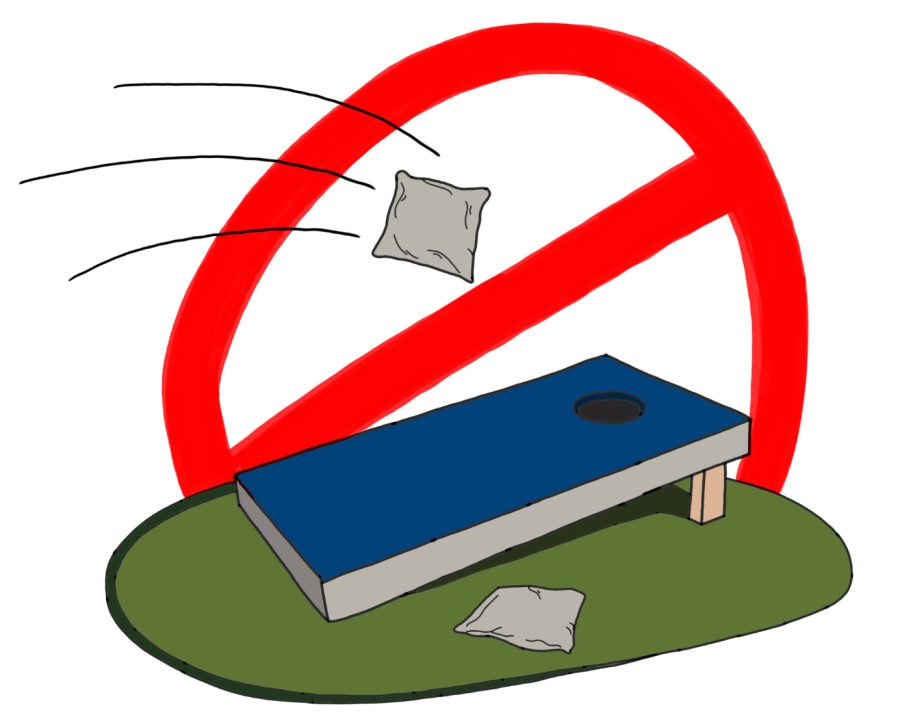
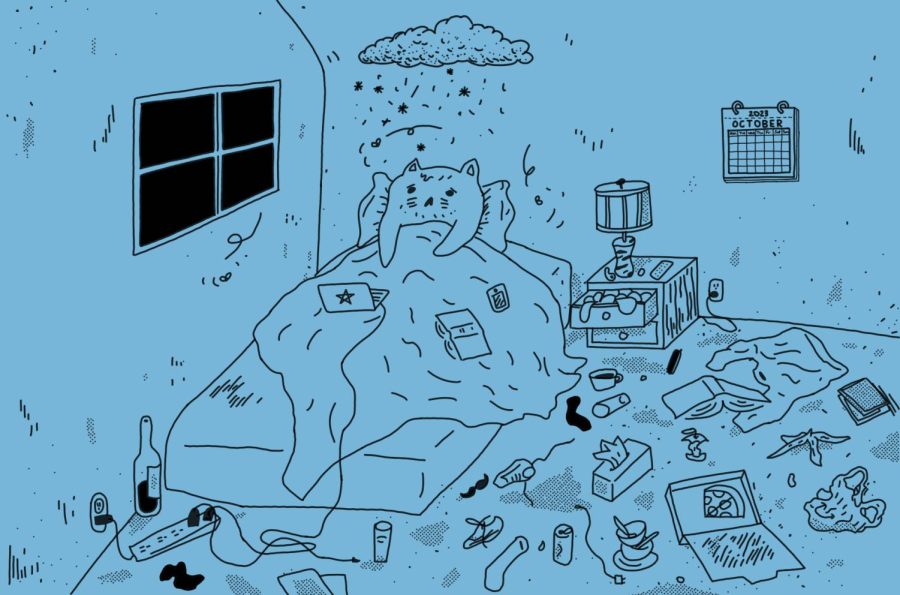
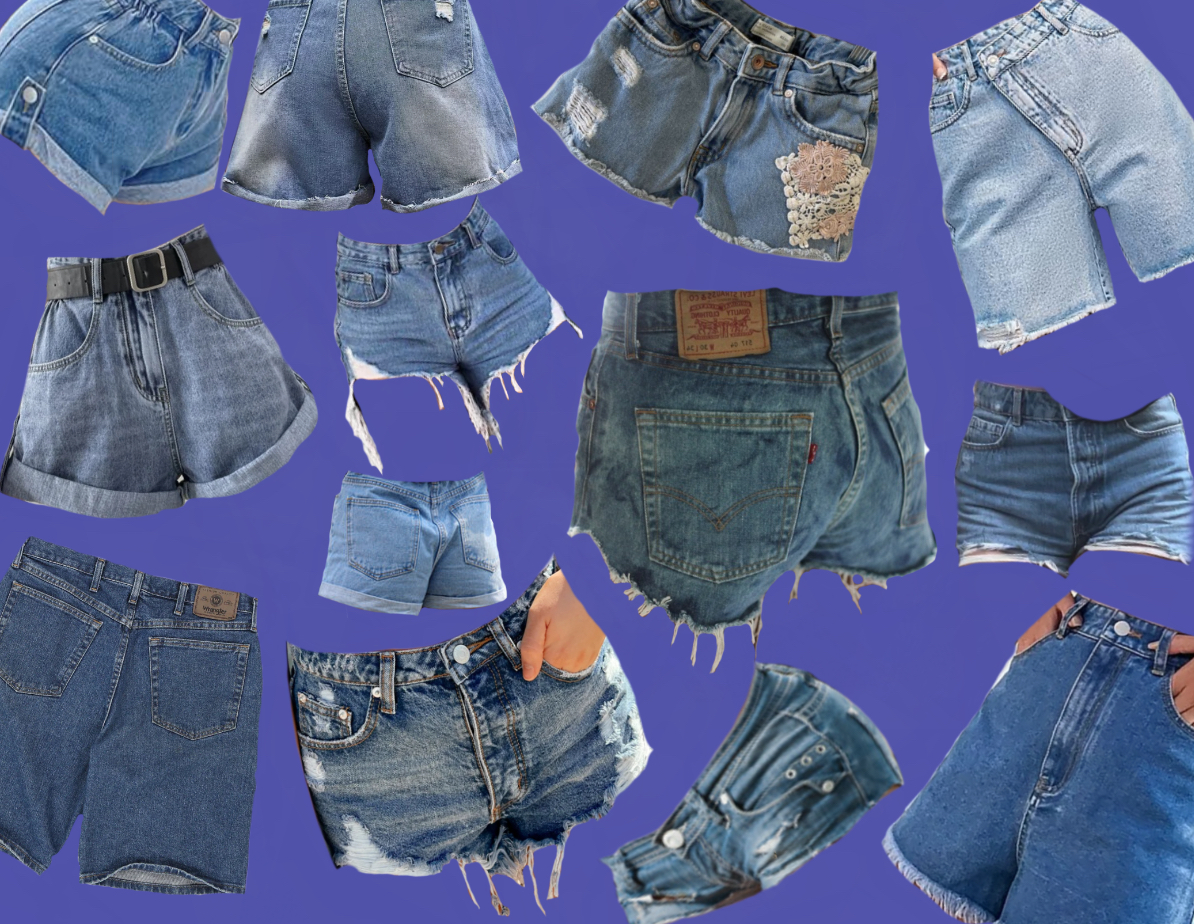

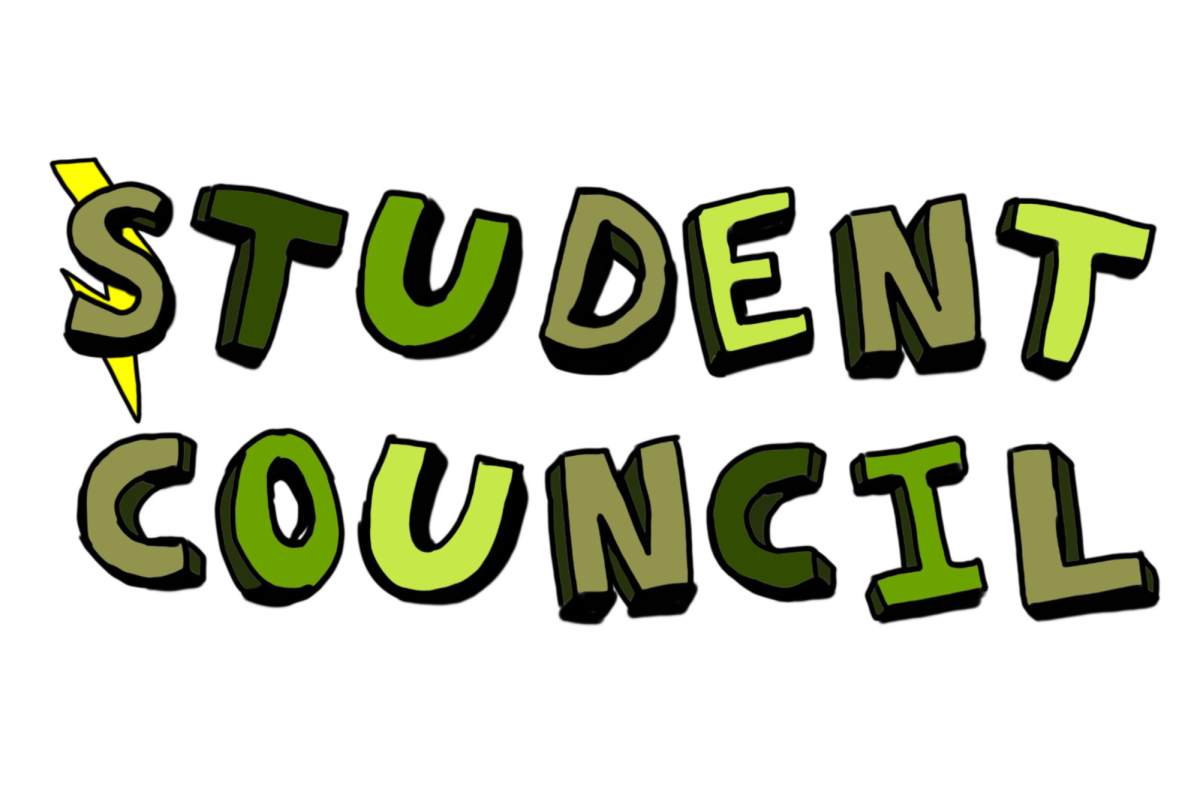
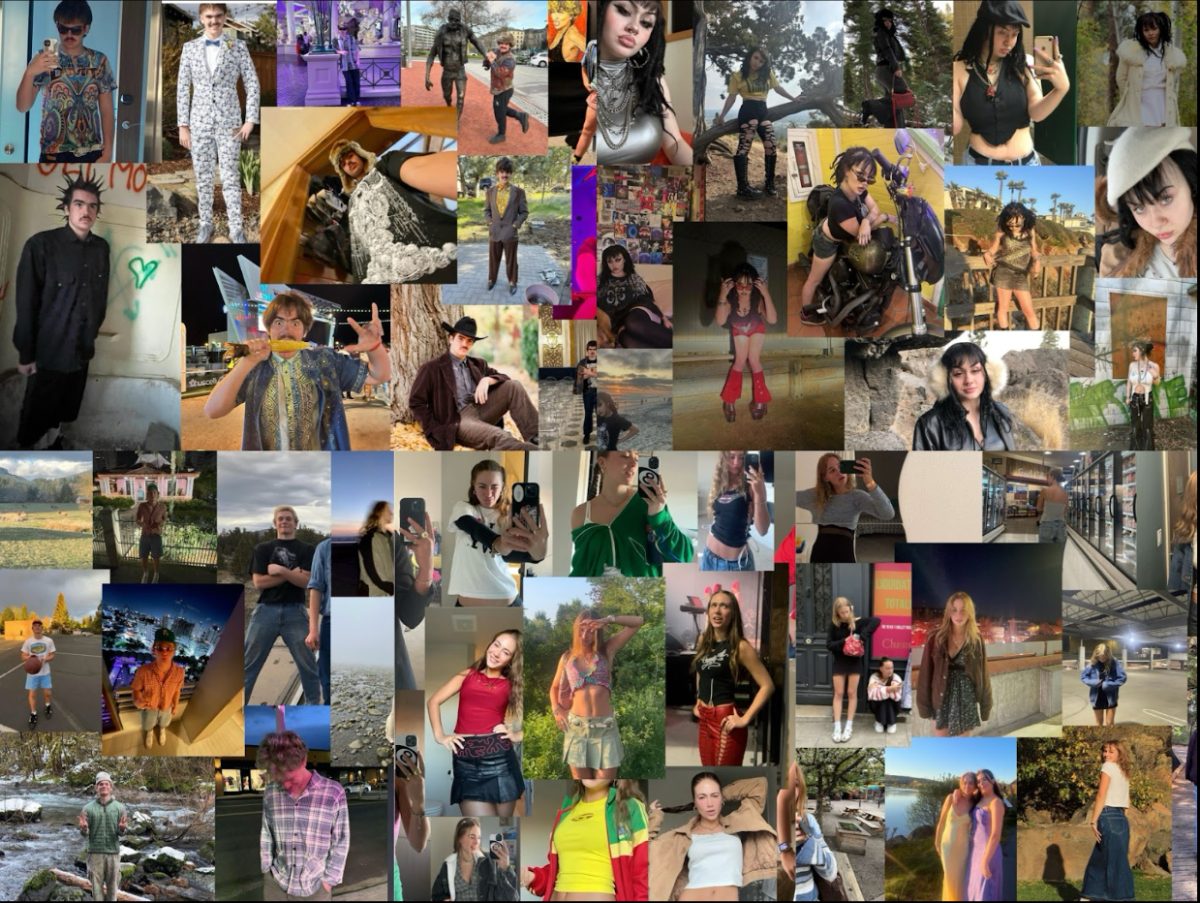
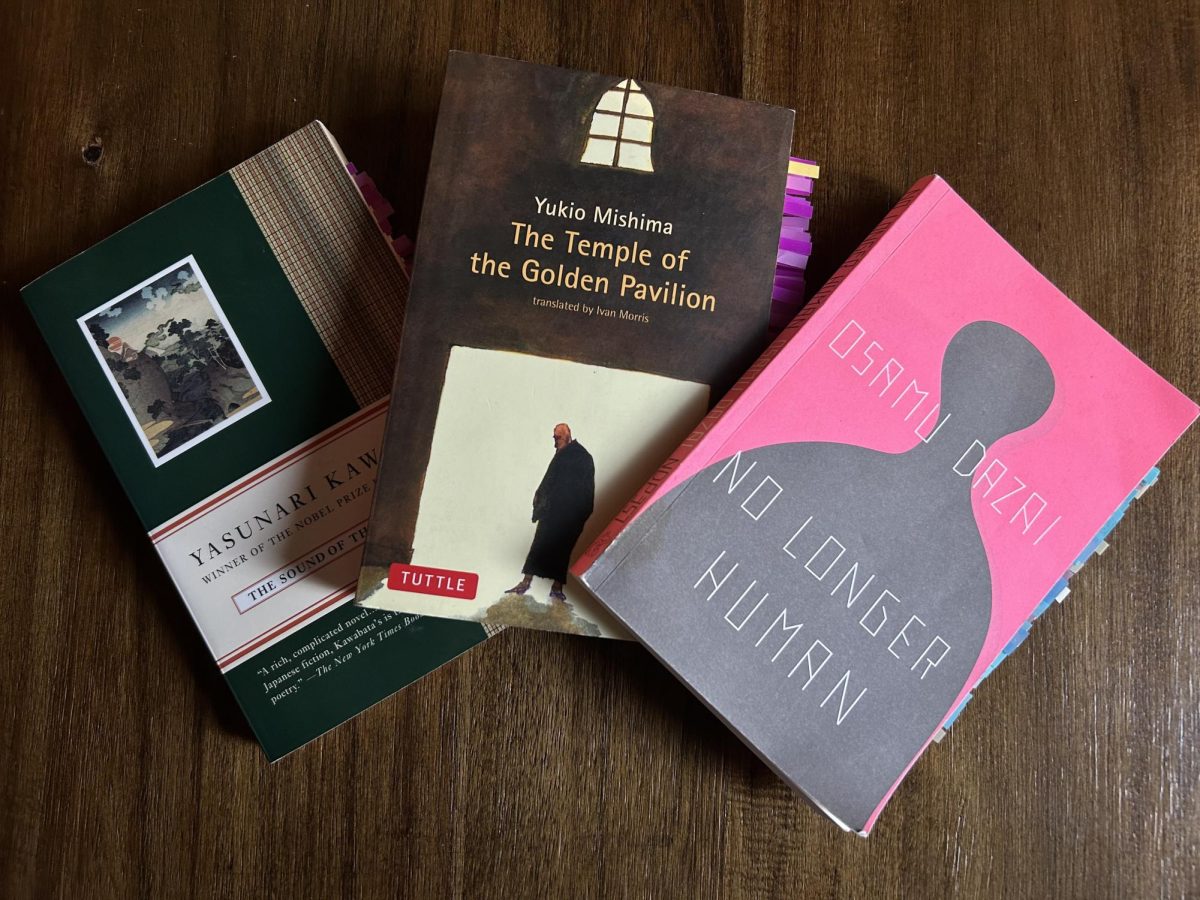
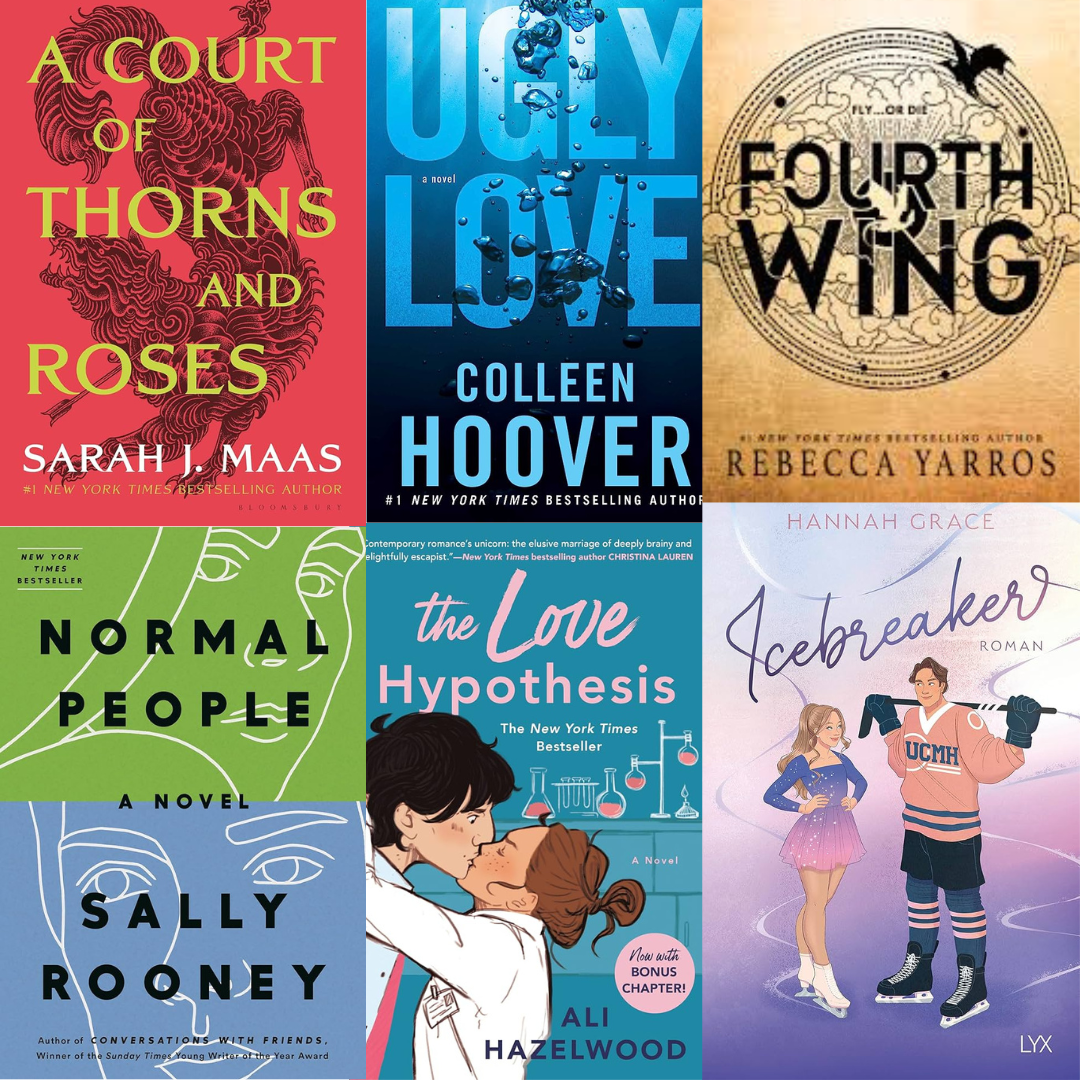





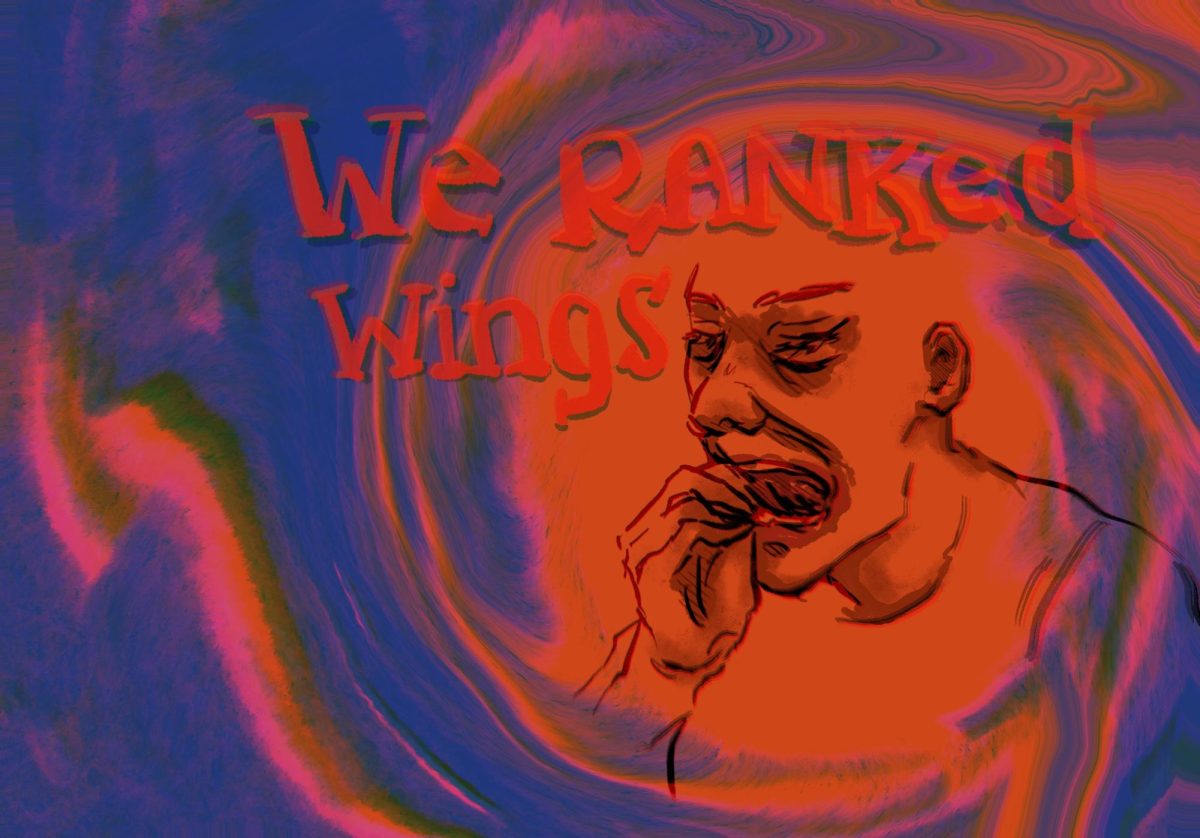





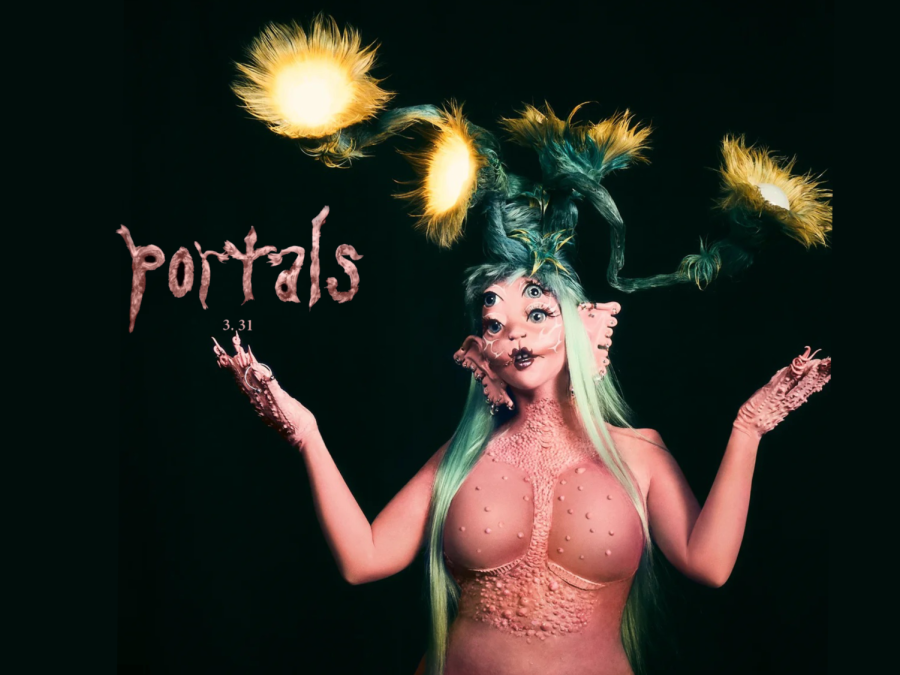
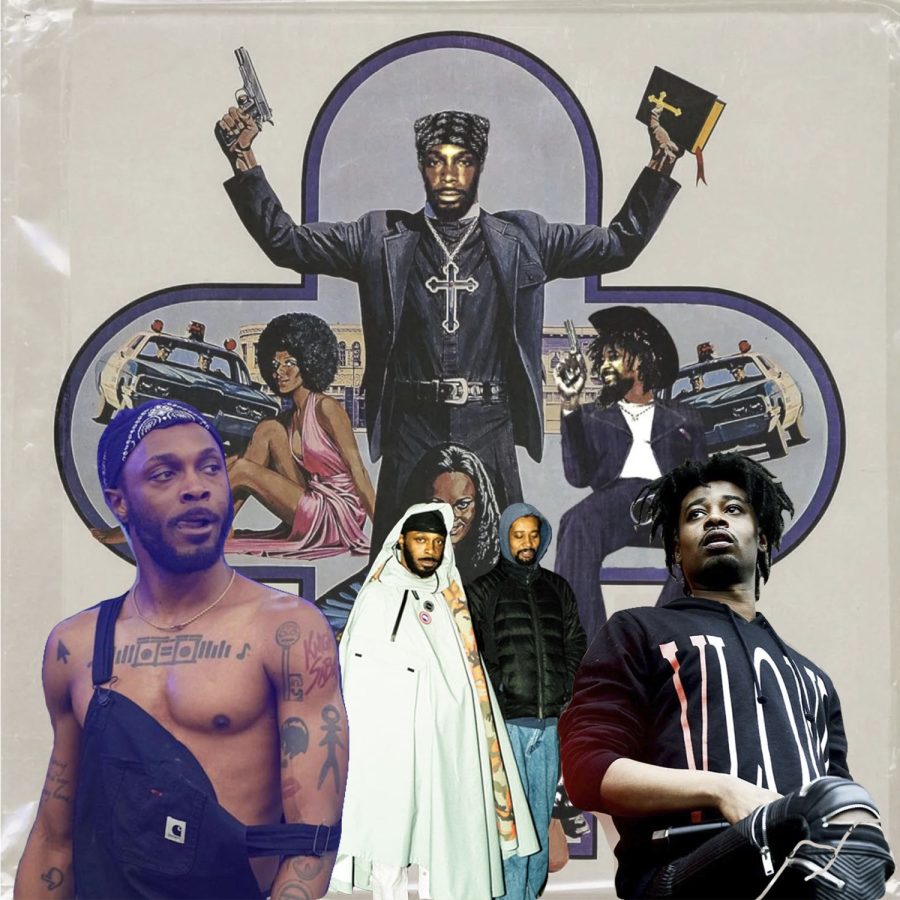


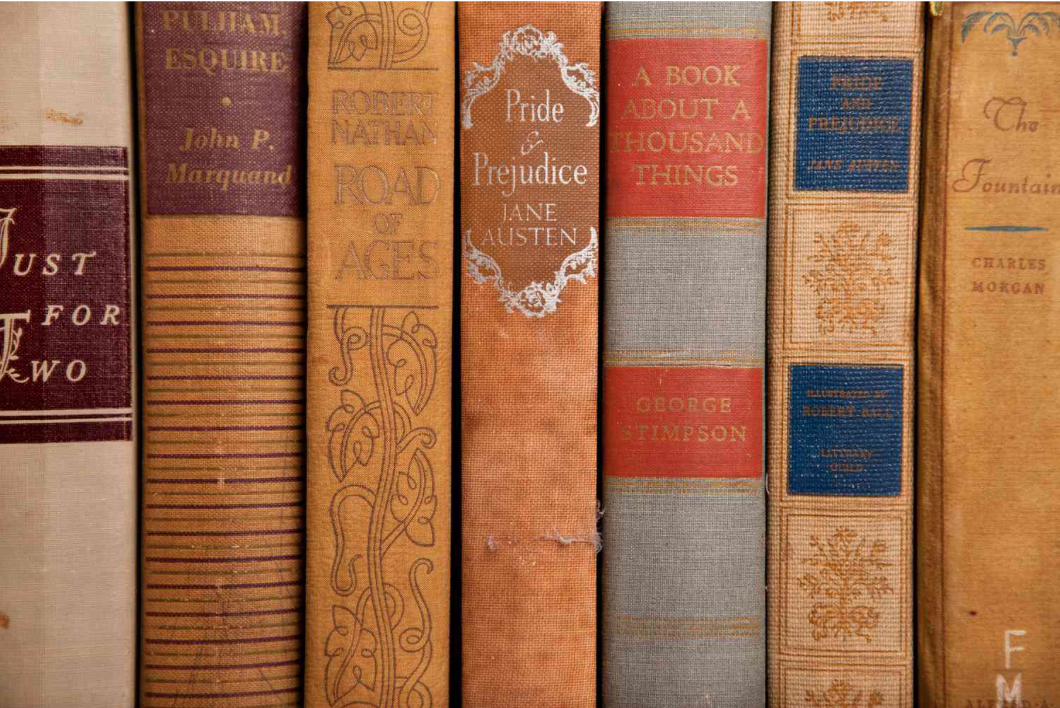
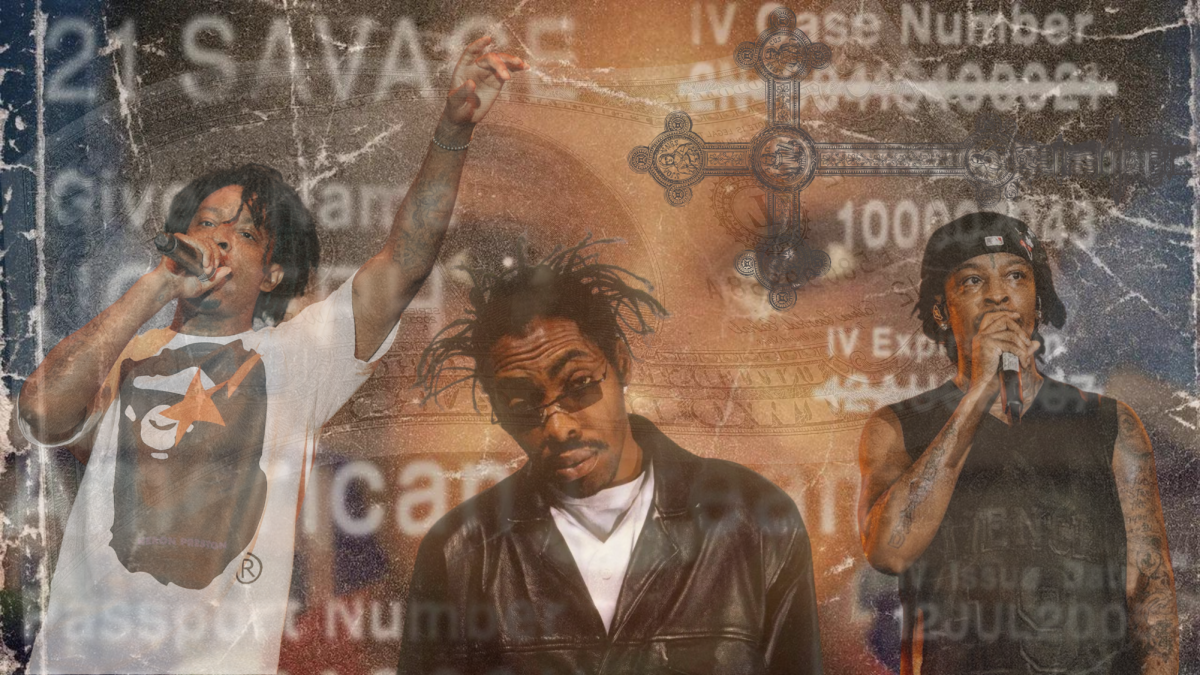

luke shirtcliff • May 3, 2024 at 5:26 pm
yo hot, this is great